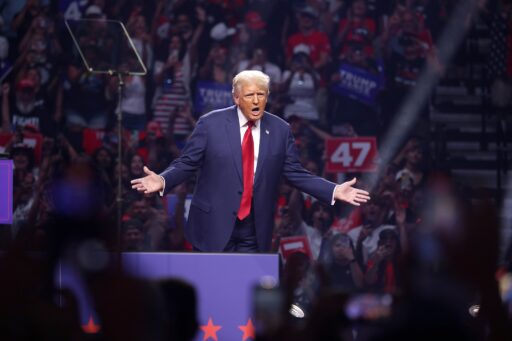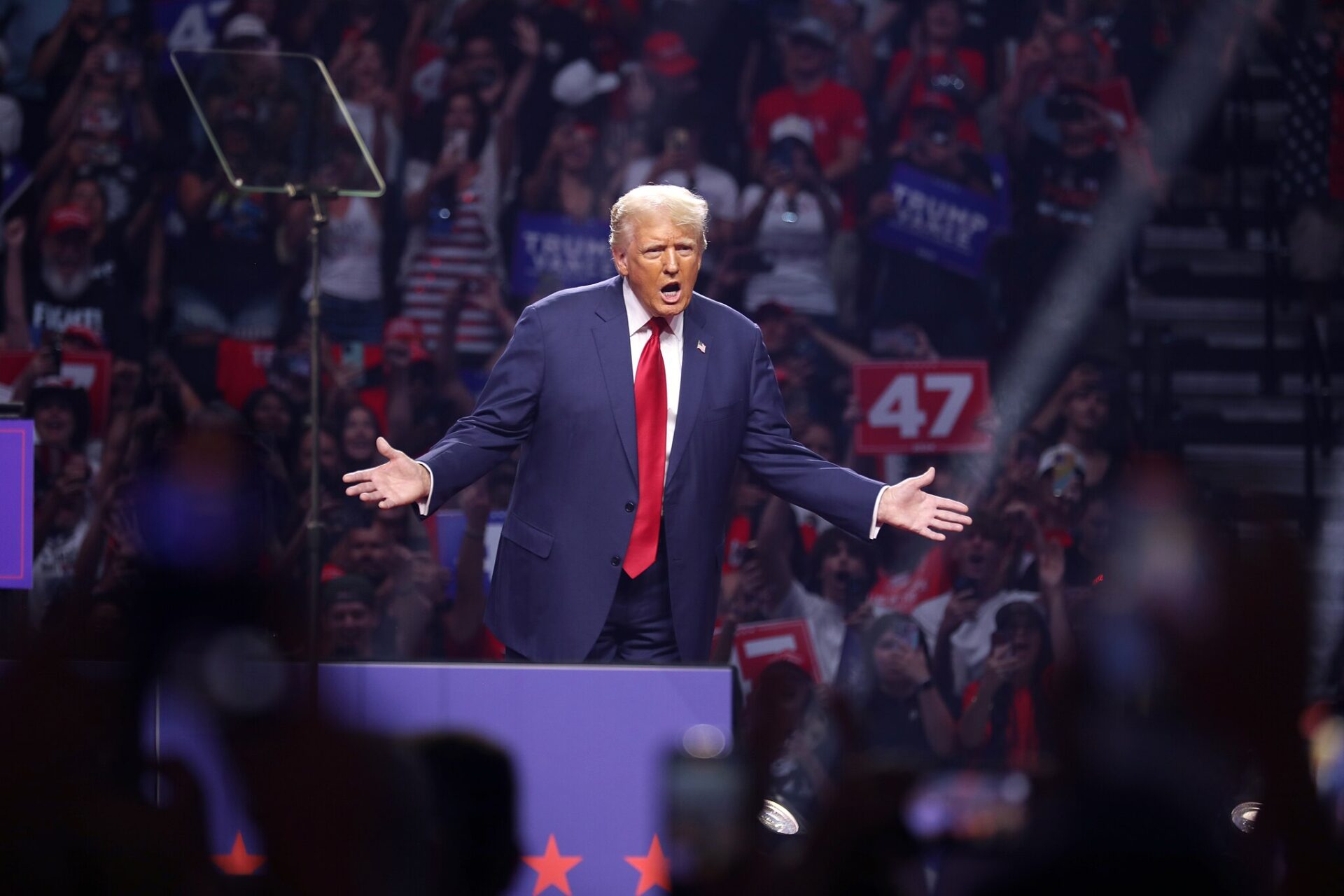With the way the election played out, Trump doesn’t need anything from the left.
David Axelrod, a seasoned Democratic strategist, recently stated that it’s “pretty clear” President-elect Donald Trump has little interest in seeking bipartisan cooperation with Democrats. Axelrod, speaking on CNN, pointed to Trump’s social media activity and his track record during his first term as evidence of this. While Trump campaigned on promises to end foreign wars, reduce the cost of goods, tackle crime, and secure the southern border, Axelrod argues there is little indication that Trump has a desire to work with the opposition party.
“If Trump delivers on those promises, great for the country,” Axelrod conceded during his appearance on AC360. However, he expressed skepticism that the president-elect would engage in genuine bipartisan efforts, especially given the sharp rhetoric Trump has used in his social media posts, which Axelrod believes reflect a dismissive attitude toward working across the aisle.
Trump’s approach, Axelrod noted, has often been more about confronting his opponents than seeking common ground. He suggested that the president-elect could benefit from focusing less on grievances and more on finding areas where cooperation is possible. “It would serve both him and the Democrats to focus on bigger things than airing personal disputes,” Axelrod remarked. “Let’s see if he chooses to do that.”
Despite this, Trump’s rhetoric following his victory has suggested he’s willing to put divisions aside. In his victory speech, Trump called for national unity, pledging to be a president for all Americans. “Success will bring us together,” he said, recalling how his first term saw growing unity as the country experienced economic improvements. He emphasized that his focus would be on “putting America first,” a message meant to unite the country under shared goals of prosperity and strength.
Though the tone of Trump’s victory speech leaned toward reconciliation, many Democrats remain skeptical. Some, like Senate Minority Leader Chuck Schumer, have expressed a willingness to collaborate with Trump, particularly on issues like DACA, where there could be an opening for compromise. Other progressive figures, such as Senator Bernie Sanders and Representative Ro Khanna, have also shown a willingness to work with Republicans on budgetary issues, like reducing Pentagon spending.
Ultimately, while the possibility of bipartisan cooperation exists, it will depend on whether Trump follows through on his call for unity or continues to focus on partisan battles. Time will tell if both sides can set aside their differences for the good of the nation, as Trump has suggested.







